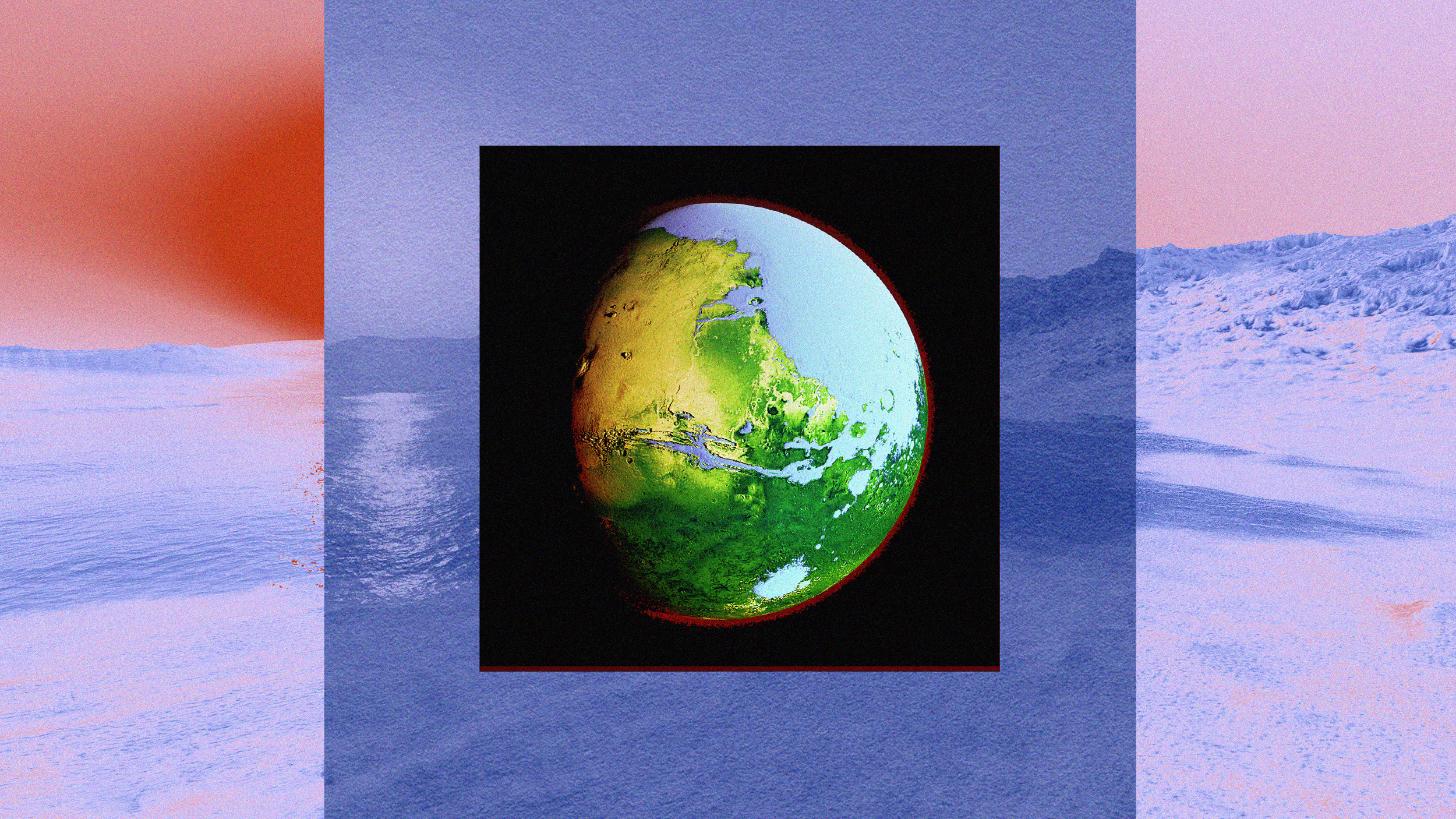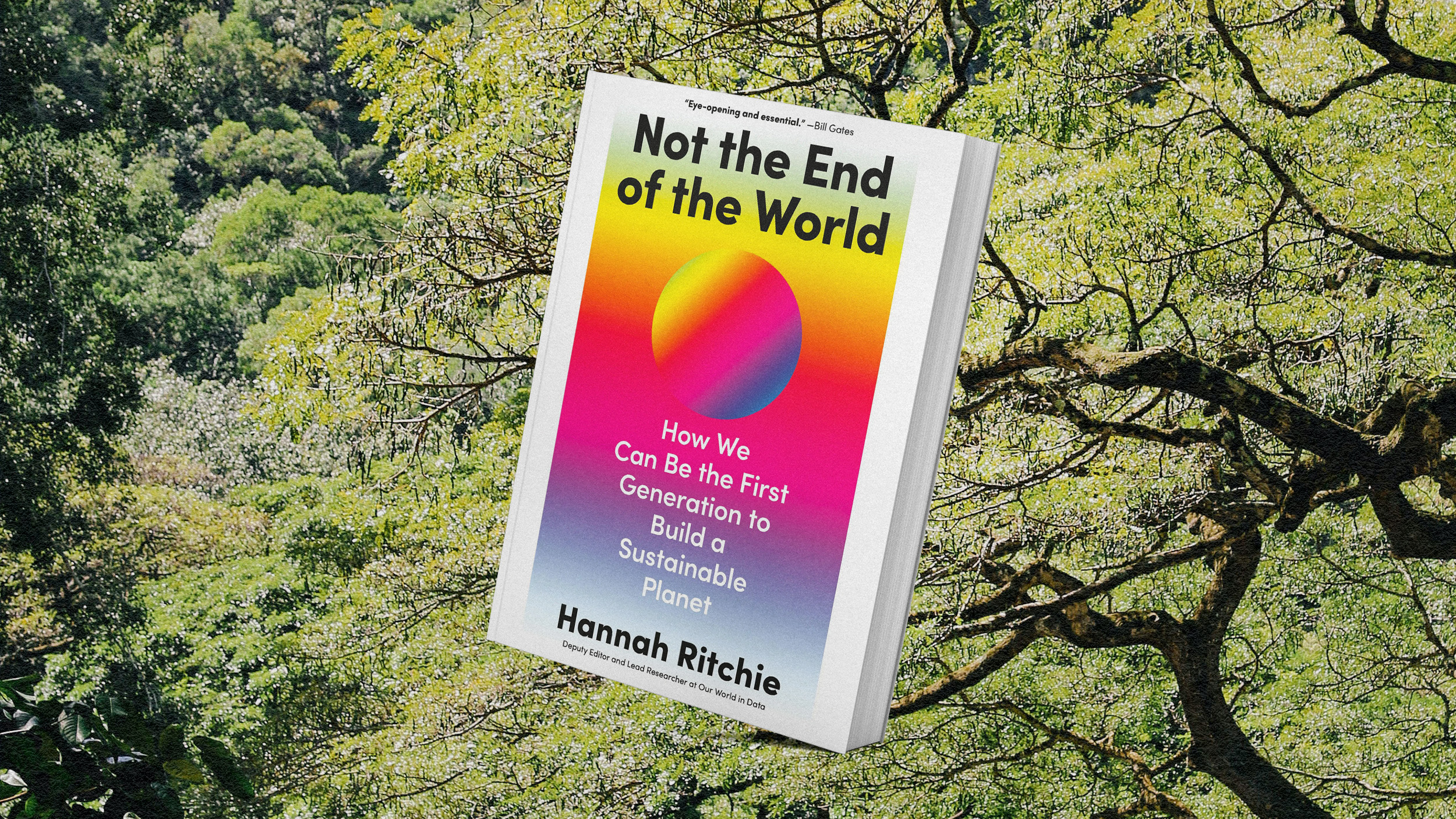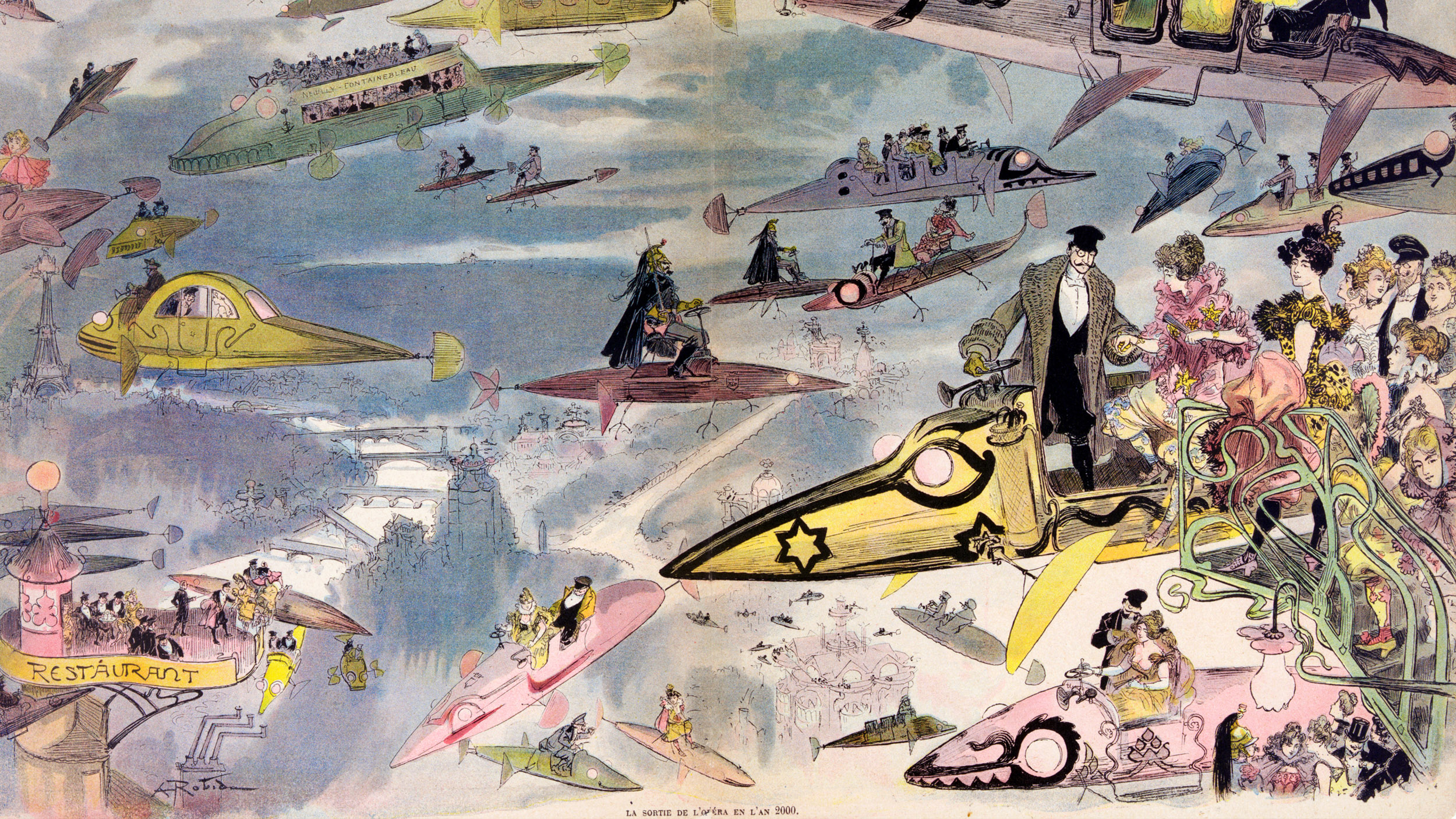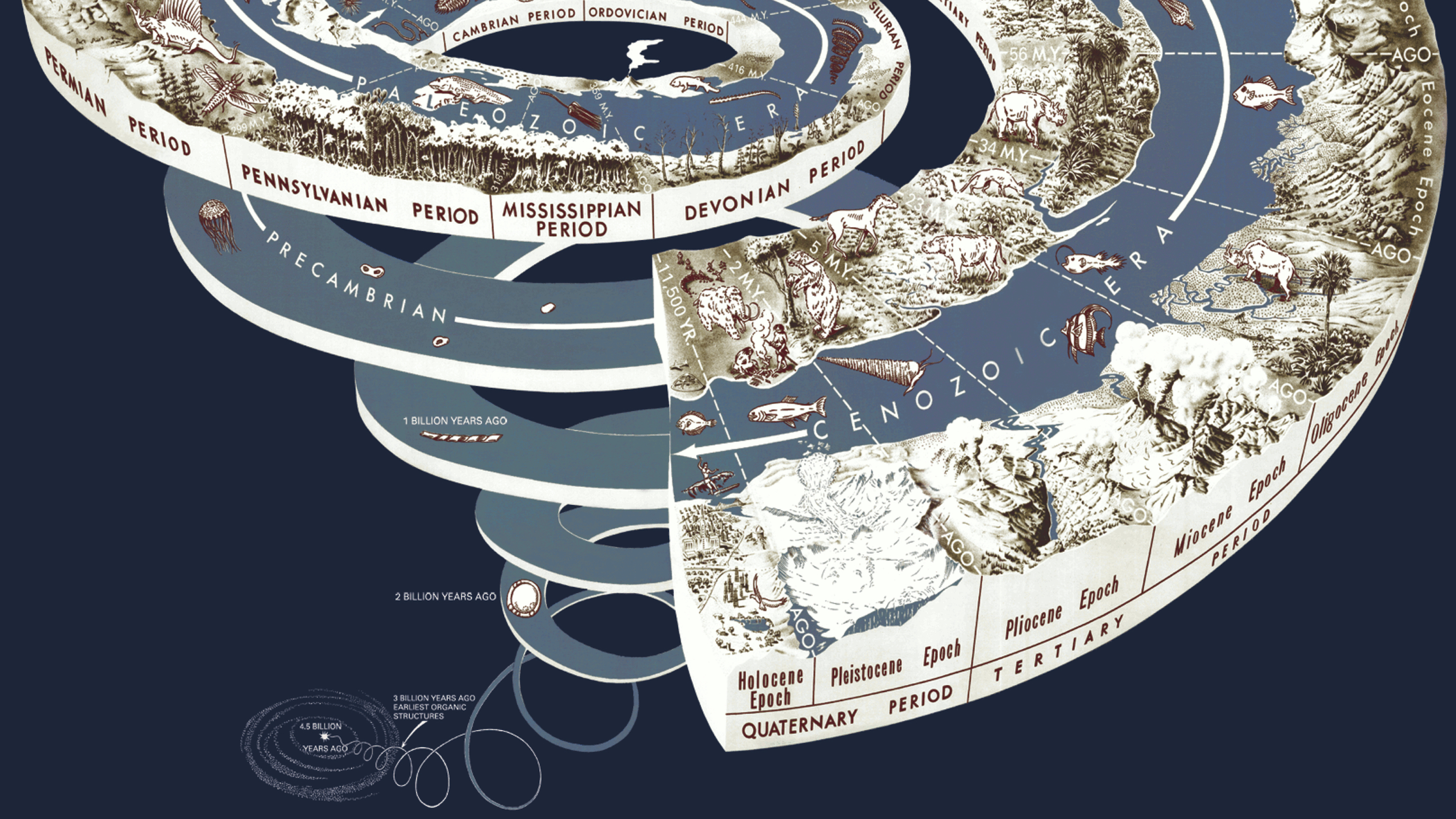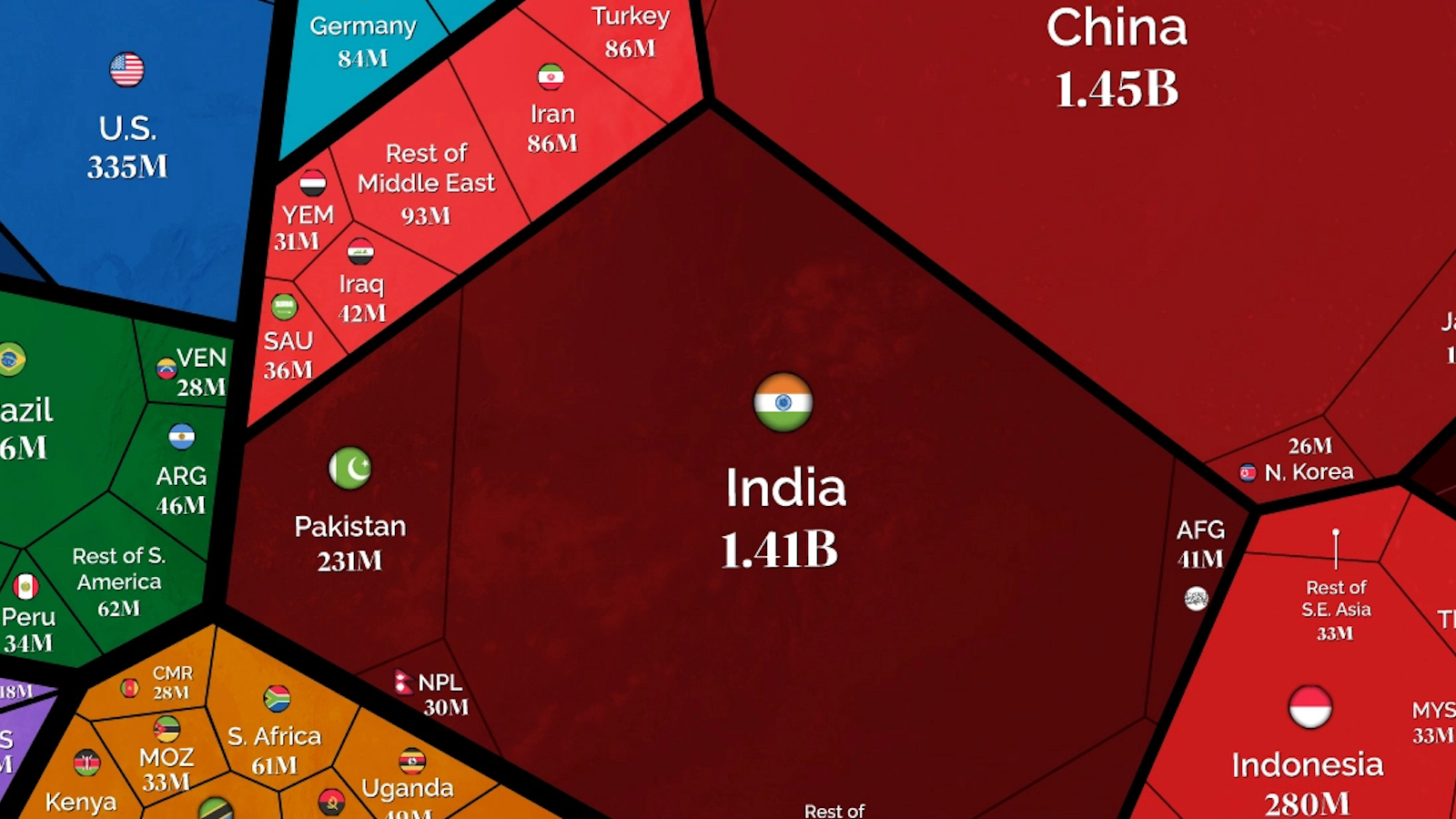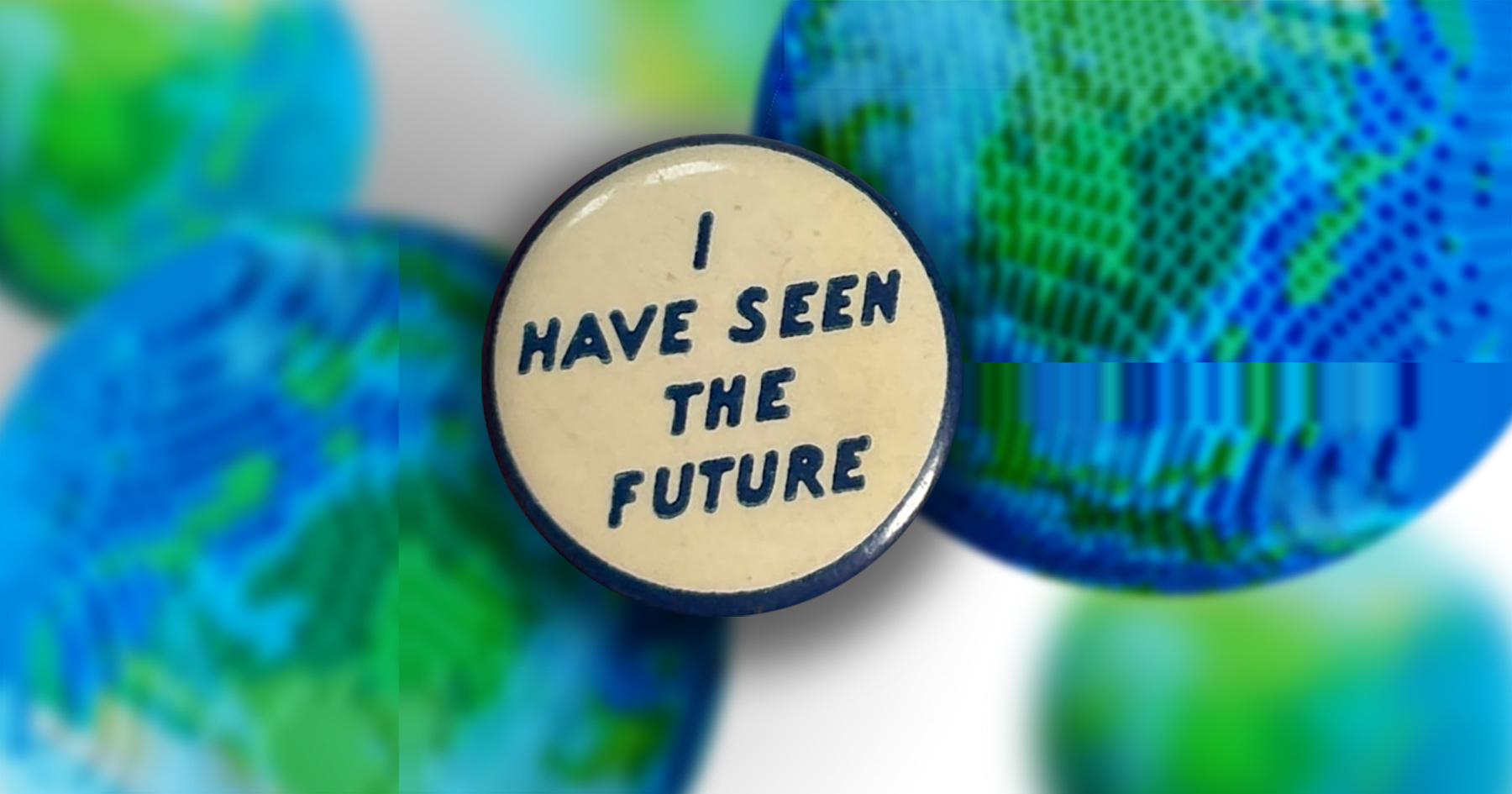Humans of the Future
Its creators hope the technology will help people meaningfully connect with the external world.
Do grim sci-fi scenarios crush our hopes for real-world growth? Author Michael Harris looks elsewhere to unblock the road to a better future.
Whenever someone waxes poetic about terraforming alien worlds, it’s worth taking a moment to consider the ethical implications of the proposal.
The brain-computer interface will be tested in a six-year trial in patients with quadriplegia.
Smaller family networks, more great-grandparents, and fewer cousins.
Environmental progress is happening quickly but we must keep pushing for change.
Without even realizing it, we’ve actually become pretty god-like in our powers.
In December 2022, a company called BioAge Labs published findings on a drug that worked to prevent muscular atrophy, or the loss of muscle strength and mass, in older people.
A new study provides the first proof-of-principle that genetic material transferred from one species to another can increase both longevity and healthspan in the recipient animal.
Life in the supremely vast cosmos is incredibly rare. We need a new vision for our living planet and for ourselves.
Someday, scientists could use stem cells to guide the development of synthetic organs for patients awaiting transplants.
The separation of pleasure from procreation may occur throughout the cosmos, providing an explanation for the Fermi Paradox.
We will have a better shot at improving our lives once we come to understand, know, and love the people we will one day become.
Is blood the key to anti-aging, or just another lucrative biotech opportunity?
If we manage to avoid a large catastrophe, we are living at the early beginnings of human history.
Changes in the world population are determined by two metrics: the number of babies born, and number of people dying.
Humanity can avoid catastrophe — if we look beyond our blinkered present.
Some would say AI is immortal and all-knowing — Godlike, even.
The nature of civilizational threats has changed in a mere decade.
We might be dining on insect-based Christmas pies with robot-harvested algae on the side.
A vertical map might better represent a world dominated by China and determined by shipping routes across the iceless Arctic.
Population growth is driven by three changes: Fertility, mortality, and migration.
In the future, people may look back with horror at how humans treated AI in the 21st century.
The DART mission tested whether it’s possible to deflect an asteroid by crashing something into it.
Humanity is poised to pass the 8 billion milestone mid-November, but population growth is actually slowing down.
Three reasons why a radically better future is more likely than we think.
Our inaugural special issue is focused on progress — the search for, the study of, and the project towards a better world.
Progress got derailed somewhere between indoor plumbing and the flying car. Why?
We asked 11 experts about the future of progress for humanity.


